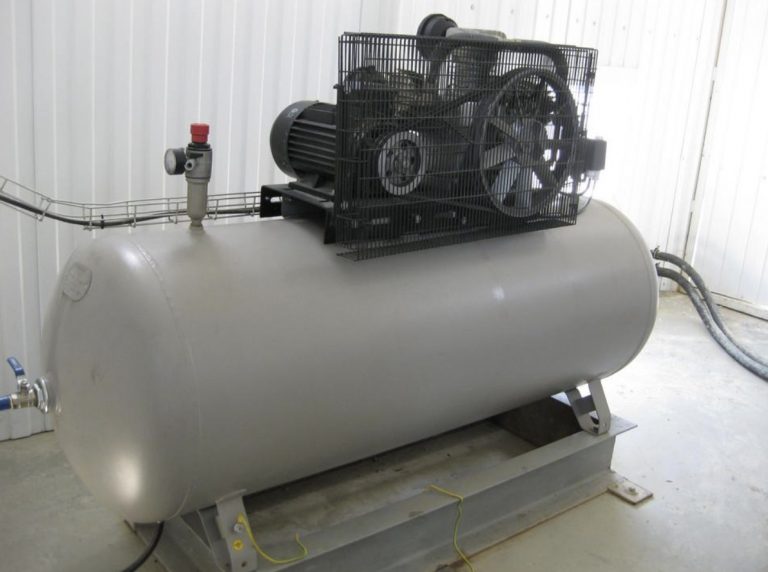Understanding Initial Costs and Installation
When considering a furnace replacement for your home, the initial financial outlay can be substantial. It’s important to note that replacing a furnace can require an investment of up to $8,000. This considerable cost is vital to keep in mind as you weigh the efficiency and benefits of different types of furnaces, such as propane and electric.
Choosing the right furnace often involves examining more than just the upfront costs. Installation fees, potential modifications to existing ductwork, or other changes to your home infrastructure can add to the initial expense. These additional costs can vary depending on whether you choose a propane or electric furnace, as each may require different accommodations in your home.
Despite these initial expenses, the long-term cost-effectiveness and operational efficiency of your furnace are critical factors that should not be overlooked. The decision-making process becomes more intricate as you delve into the differences between propane and electric systems, both in terms of their operational costs and energy efficiency within your home’s unique setup.
Lifecycle and Long-term Cost Analysis
One vital consideration when selecting a furnace for your home is how long it will last. Generally, furnaces are designed to serve homes over a substantial period. According to Forbes, the typical lifespan of a furnace ranges from 15 to 20 years. This information is crucial as it provides a long-term perspective on how your initial investment can serve your household needs over time.
Understanding the durability and maintenance needs of a furnace is fundamental to making an informed decision. In this regard, the longevity of propane and electric furnaces may not differ significantly; however, each type might have different maintenance costs and requirements. It’s essential to consider not only how long your furnace will last but also how much care and upkeep it might require throughout its lifespan in your home.
By examining the lifecycle costs, one can discern that the type of energy source powering the furnace plays a significant role in determining ongoing expenses. That’s why a comprehensive analysis that includes both initial and long-term costs provides the clearest picture of what you might expect to pay over the complete lifecycle of your furnace.
Operational Efficiency and Cost of Energy
Perhaps one of the most significant factors when choosing a furnace is its operational cost, especially how energy expenses impact your budget over the months and years. According to the U.S. Department of Energy, homeowners may find that relying on electricity to power their furnaces could be considerably more expensive than using propane because it costs twice as much on average.
This potential increase in costs emerges due to the price dynamics between propane and electric energy sources. Propane typically offers a more economical solution, potentially halving the energy expenses relative to its electric counterpart. This difference can translate into significant annual savings, highlighting propane’s cost-effectiveness for homeowners looking to minimize ongoing energy bills.
Environmental Considerations and Home Impact
Beyond cost, considering the environmental implications of your furnace choice is essential. While both propane and electric furnaces have their ecological footprints, they differ in how they impact the environment. Generally, the production and burning of propane are considered to release fewer greenhouse gases than traditional fossil fuels, thereby offering an eco-friendly option for your home.
On the other hand, electric furnaces come with their environmental considerations. Depending on your local energy grid, electricity can be derived from various sources, including coal, natural gas, wind, or solar. Homeowners aiming for a greener footprint may opt for electric furnaces if their energy supply is predominantly renewable. However, this environmental benefit should be balanced against the typically higher operating costs of electric furnaces.
Ultimately, the choice of a furnace should align with your values, particularly regarding sustainability. By evaluating both the economic and environmental aspects of propane and electric furnaces, you can make an informed decision that not only benefits your home but also contributes to a sustainable future.


0 Comments